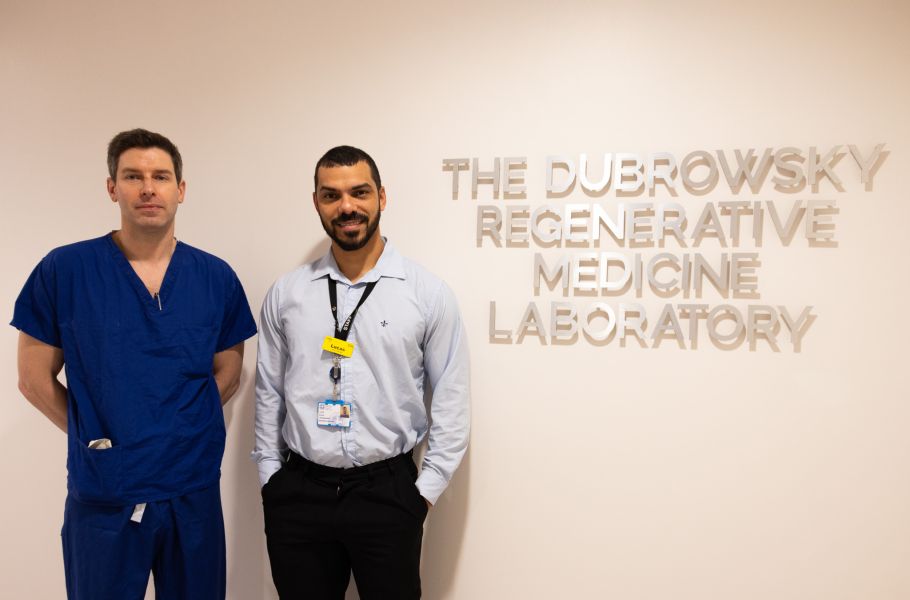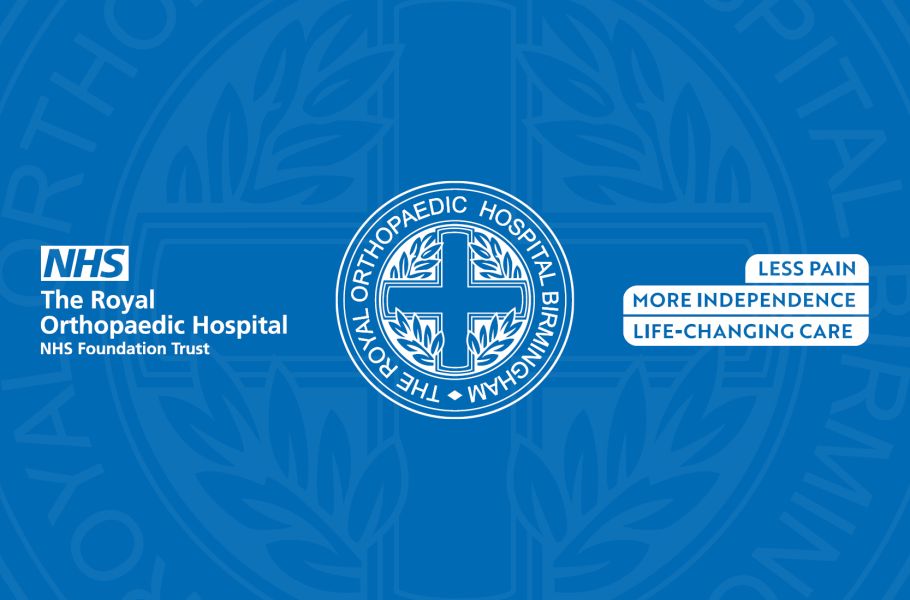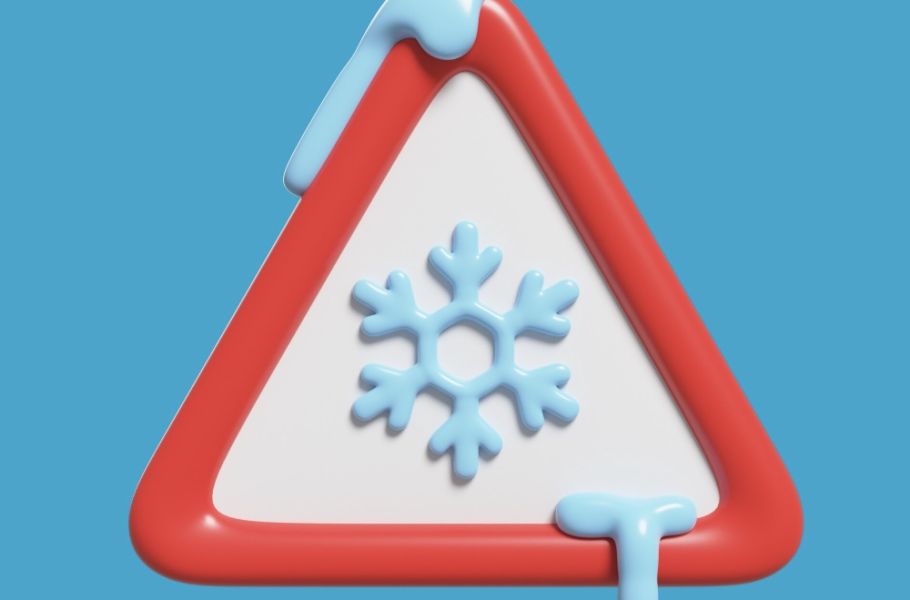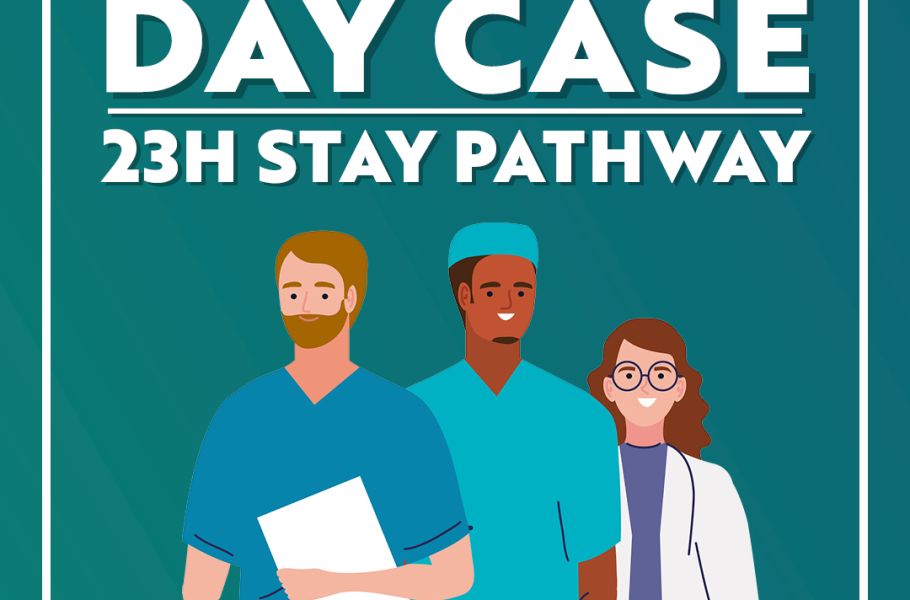Orthopaedic advice for the Weekend Warrior
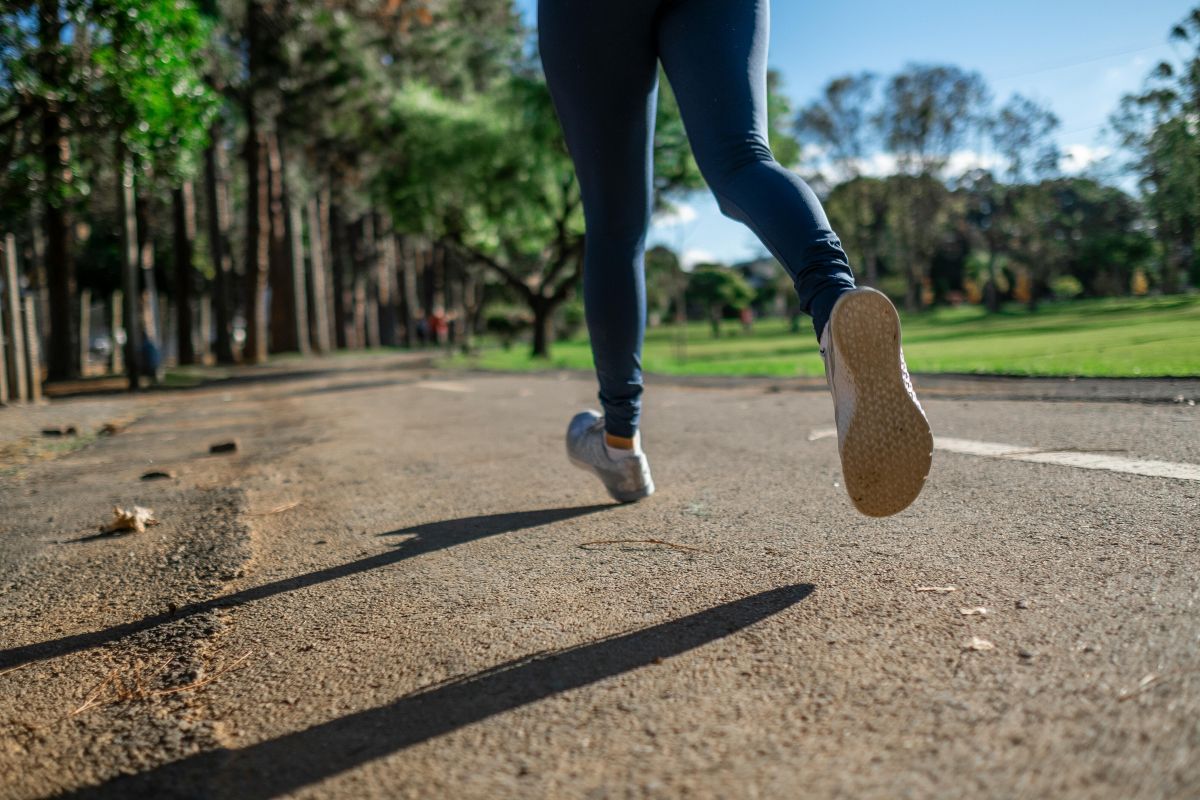
As the sun rises over suburbia, we catch a glimpse of a peculiar creature emerging from its slumber. The Weekend Warrior, a fascinating species known for its bursts of athleticism and meniscus-tearing enthusiasm. Clad in high-performance, sweat-wicking Lycra, the Weekend Warrior ventures into the wilds of local parks ready to dominate for the next two hours…then return home to lie on the sofa in victory and pain.
Sound familiar?
The Weekend Warrior is not a new phenomenon of course but up and down the UK on a Monday morning, our GPs A&Es and pharmacies are full of people with musculoskeletal (MSK) injuries they picked up over the weekend. Dr Vinay Ketkar, Orthopaedic Physician and Clinical Service Lead for Musculoskeletal, Pain and Therapies at the Royal Orthopaedic Hospital has put together some advice for all you Weekend Warriors, focusing on prehabilitation (prehab) and rehabilitation (rehab) strategies to keep you safe and injury-free.
It's crucial to approach your activities with caution and awareness of your body's limits. Here are some orthopaedic tips to help you stay safe and minimise the risk of injury:
Warm-up and cool down
Before diving into your chosen activity, take the time to warm up your muscles and joints with dynamic stretches and movements. Dynamic stretching is an active form of stretching where your muscles and joints move through your full range of motion. This helps increase blood flow and flexibility, reducing the risk of strains and sprains.
Similarly, after your activity, don't forget to cool down with gentle stretches to aid in muscle recovery and prevent stiffness. While it’s tempting to go and lie down for the rest of the day, keep moving, go for a walk, stretch some more – you’ll feel much less stiff the next day.
The importance of proper technique
Whether you're kicking a football or swinging a racket, using proper technique is essential for preventing injuries. This almost feels too obvious to say, but you’d be surprised at how many people are injured by running with poor form or lifting weights without first learning the proper technique.
Take the time to learn and practice the correct form for the activity you are participating in, especially for activities that involve repetitive motions or high impact on joints. If you're unsure about proper technique, consider seeking guidance from a coach or instructor, or visiting YouTube and finding someone with good credentials to listen to.
Gradual progression
“Hubris is” said PJ O’Rourke “one of the great renewable resources”. Don’t let your ego get the better of you. Avoid the temptation to push yourself too hard, too soon. Instead, gradually increase the intensity and duration of your activities over time to allow your body to adapt and strengthen gradually. Sudden spikes in activity level can increase the risk of overuse injuries such as tendonitis or stress fractures.
Cross-training
Incorporate variety into your workout routine by cross-training with activities that target different muscle groups and movement patterns. This helps prevent overuse injuries and promotes overall fitness and athleticism. For example, if you're an avid runner, consider supplementing your training with swimming or cycling to reduce the impact on your joints.
Listen to your body
The old maxim “no pain no gain” might have sounded awesome on your MySpace profile in 2008, but it’s time to retire that way of thinking before it retires you. Pay attention to any signs of discomfort or pain during and after physical activity. Ignoring these warning signs can lead to further injury and prolonged recovery time.
If you experience persistent pain or swelling, it's essential to seek medical attention promptly to prevent the condition from worsening.
Proper equipment
Ensure that you have the appropriate gear and equipment for your chosen activity, including supportive footwear, protective padding, and safety gear. Investing in quality equipment that fits properly can help prevent accidents and injuries on the field or trail.
Sleep, nutrition and hydration
Last but definitely not least make sure you have a healthy diet with plenty of vitamins and protein and ensure you are well hydrated ( especially in this hot weather) and get adequate rest and sleep in between training sessions.
Where to find information and support
Information
There’s lots of information on the NHS website about common MSK injuries and conditions. There’s also a great resource produced by the NHS in Scotland called NHS Inform with a fantastic page on muscle, bone and joint injuries / problems.
Self-management
If you live in Birmingham and Solihull, there’s a fantastic app called getUBetter which an easy, safe and effective way to help people self-manage at home, at work and on the move. The app provides evidence-based self-management support for all common MSK injuries and conditions. Download it and give it a go!
The Sports Medicine Clinic at The Royal Orthopaedic Hospital
Our Sports Medicine Clinic specialises in treating problems those with sports-related injuries, or active people. Sports medicine knowledge has expanded hugely over the last few years and conditions seen in this clinic will be managed by experienced clinicians with an expert understanding of the physical and psychological demands of sport.
Whether your aim is to return to elite sport, recreational sport or simple regular physical activity, such as walking, our holistic and comprehensive team of experts will ensure that you receive the best, up-to-date treatment.
You don’t have to live in Birmingham to access this service. Simply ask your GP to refer you to us. Our service is listed as 'Sports Injury Clinic' in the NHS Choose and Book system.
Which service to access for what
If you need medical attention but it's not a life-threatening situation, call 111 or get help from 111 online.
111 will help you to get assessed and directed to the right place for you, for example recommending attending A&E or booking a consultation with a pharmacist.
Accident and emergency (A&E) is for serious injuries and life-threatening emergencies.
These are things like heavy bleeding, choking and seizures. Find out more about when to go to A&E.
Stay safe out there Weekend Warrior
Of course, the price of an active lifestyle is the occasional injury, and this is simply a part of being a human who moves enough! But if you follow the advice above, you’ll be enjoying your favourite activities safely and minimising your risk of injury.
